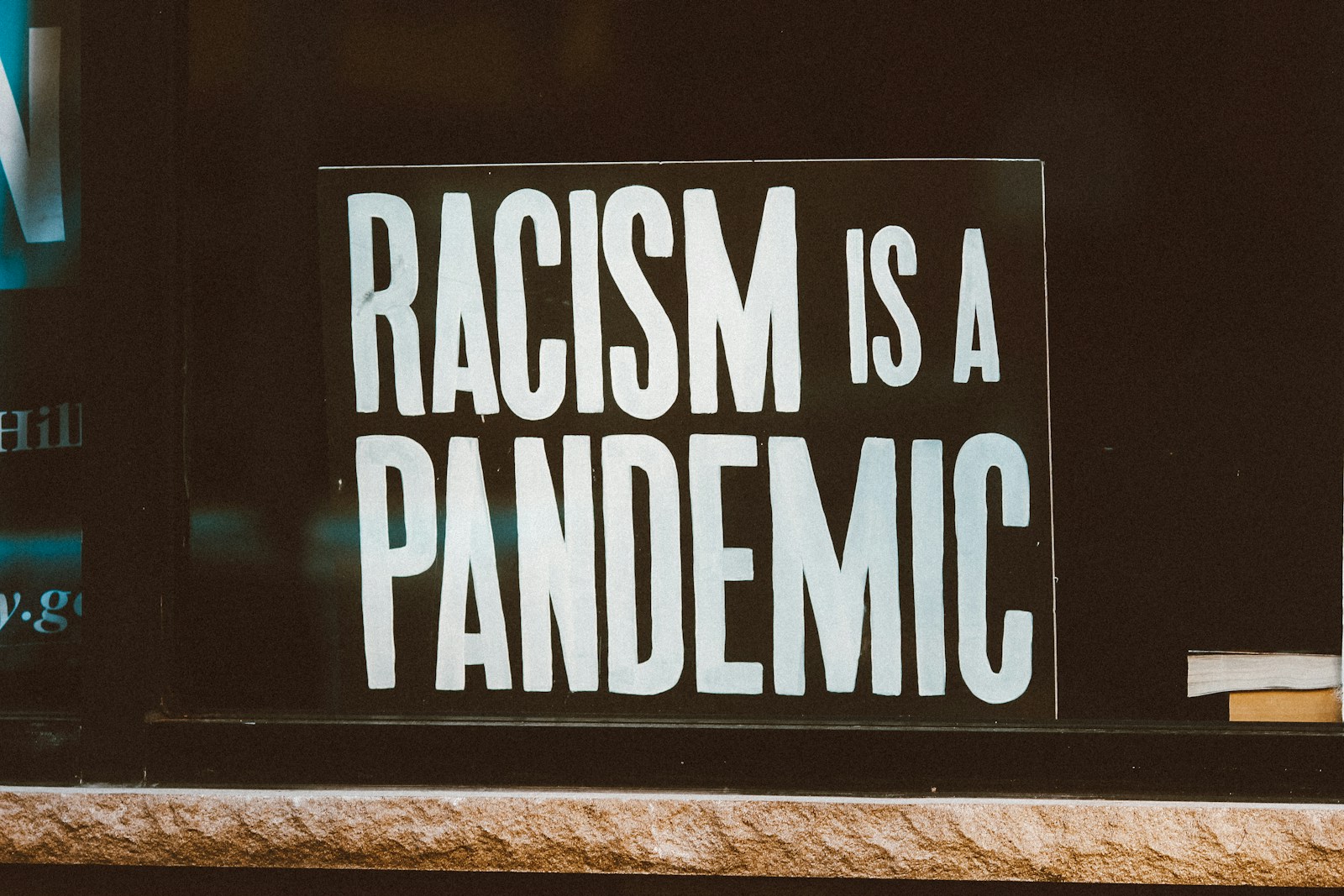Experiencing racism increases a person’s chances of having poor mental health and makes it harder for them to get the right support, according to a report from the Centre for Mental Health.
The report, Pursuing racial justice in mental health, is based on research in Bradford District and Craven on the ways in which local voluntary and community organisations support people with their mental health. It found that racism not only causes poor mental health in the first place, it also stops people getting into services and impedes their recovery.
The report found that people from racialised communities face sometimes insurmountable obstacles to support, for instance where service information is not offered in community languages, or where interpreters are not provided. The report also found that the mental health impacts of racism are compounded by poverty and poor housing, with some people struggling to pay for public transport to get to mental health appointments.
Stigma can deter some people from racialised communities from accessing support before they reach crisis point. Participants explained that visiting a GP surgery enabled them to access mental health support without facing the stigma attached to mental health services.
Commissioned by Bradford District and Craven Health and Care Partnership, the report said that the voluntary sector – with established links to communities most in need but least likely to get support – had a significant role to play. The report said that health and care services across the country can build stronger partnerships with community organisations to design and deliver mental health support that overcomes the harms and barriers caused by racism. Unless these are acknowledged and addressed, the NHS will fall short of offering equitable health care.
Sasha Bhat, priority director for healthy minds at Bradford District and Craven Health and Care Partnership, said: ‘We’d like to thank Centre for Mental Health for working with us and welcome the publication of this report. While the findings will be stark for many, I want to assure local people that we have already been working to transform local services so they most closely meet local need. The work we’ve done with Centre for Mental Health has supported us when we’ve been developing our refreshed healthy minds strategy.
‘Across our West Yorkshire integrated care system, and locally here in Bradford District and Craven, we have made a strong and demonstrable commitment to being actively anti-racist in all that we do. This is demonstrated through our West Yorkshire-wide’s award winning Root Out Racism movement. The findings from this report have helped shape a new ethnically and culturally appropriate service for people from our diverse communities and will be shared with wider partners to continue to challenge any kinds of racism.’
Andy Bell, chief executive at the Centre for Mental Health, said: ‘Racism is endemic in our society and is toxic to people’s mental health. We heard from people living and working in Bradford District and Craven about their determination to tackle this stark inequality, and the essential role of voluntary and community organisations working alongside statutory services to make a difference. We urge system leaders in other parts of the country to make a similar commitment, to work in partnership with their communities to challenge racism and racial injustice in and around their mental health services.’
Images: Jon Tyson and Elizabeth Falconer






